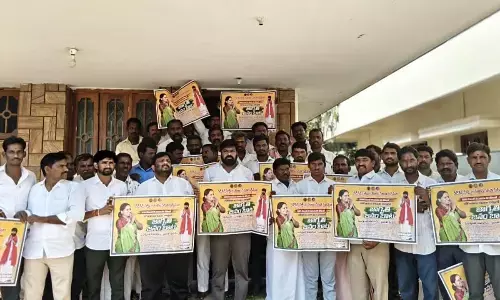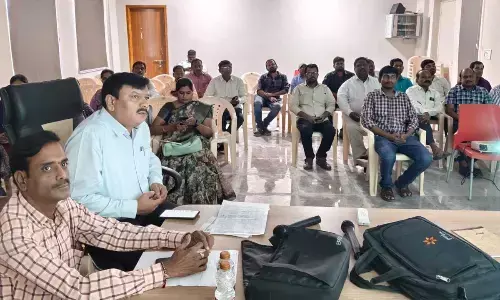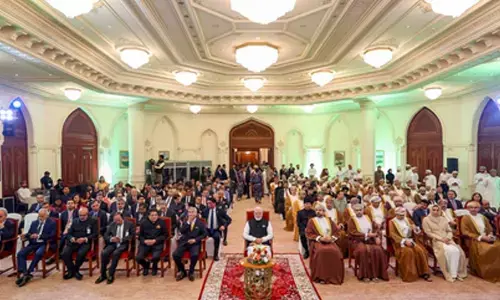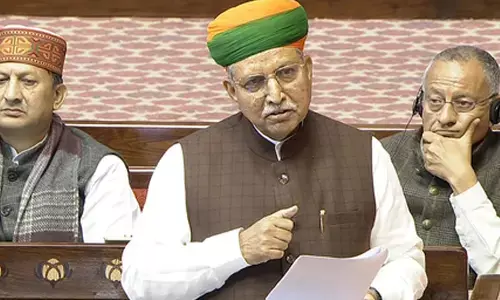Count the people at HIV risk right: Is money being spent or sitting in banks?
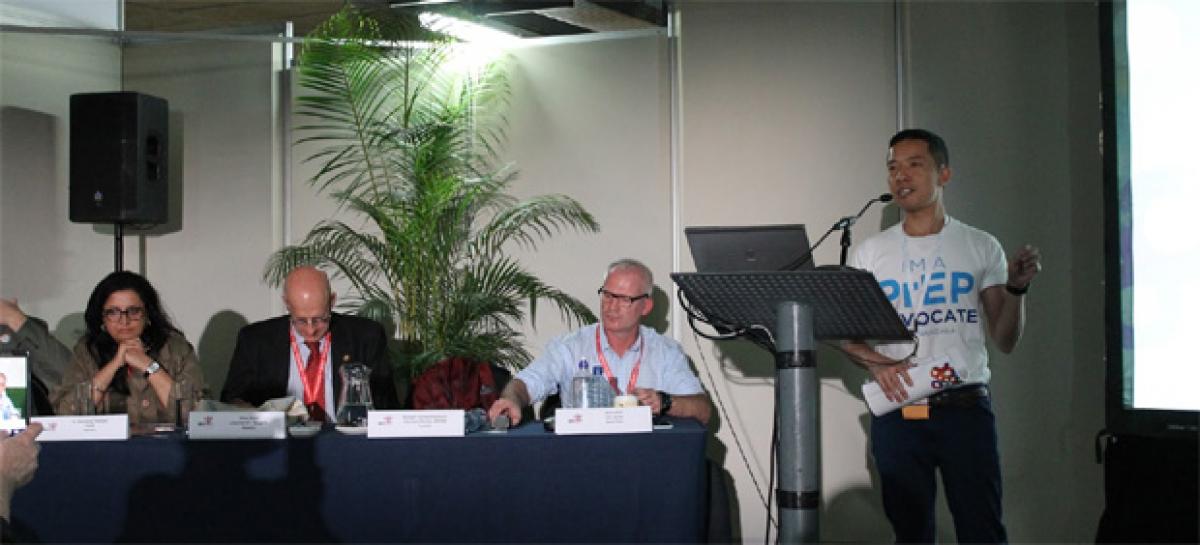
A recent UNAIDS report shows that decline in new HIV infections among adults has stalled. In 2014, key populations, including gay men and other men who have sex with men (MSM), sex workers and their clients, transgender people, people who inject drugs and prisoners, accounted for 35% of new HIV infections globally. It is estimated that MSM are 24 times more likely to become infected with HIV and t
A recent UNAIDS report shows that decline in new HIV infections among adults has stalled. In 2014, key populations, including gay men and other men who have sex with men (MSM), sex workers and their clients, transgender people, people who inject drugs and prisoners, accounted for 35% of new HIV infections globally. It is estimated that MSM are 24 times more likely to become infected with HIV and transgender people are 49 times more likely to be living with HIV than adults in the general population.
At XXI International AIDS Conference (AIDS 2016), in a pre-conference meet, some of the major issues got the spotlight: Are countries doing accurate size estimates for MSM and transgender populations? Is the money coming to these countries from global donors reaching the programmes for MSM and transgender or sitting in banks? And what is the connect between criminalizing same-sex behaviour, and size estimates of MSM population and service coverage among them?
Midnight Poonkasetwattana, Executive Director of Asia Pacific Coalition on Male Sexual Health (APCOM) said to CNS (Citizen News Service, citizen-news.org) that "Asia Pacific region is lacking in terms of investment for HIV prevention (especially among MSM and transgnder) and also political will. If we want to achieve fast track to meet UNAIDS "90-90-90" targets by 2020, time is now for urgent and increased investment in innovative and regional, national and local approaches for programmes of key populations to break down the structural barriers that affects and makes them vulnerable to HIV, especially for young gay men and MSM and transgender people in Asia Pacific."
It is essential for key populations to have access to the full range of HIV prevention options in order to protect themselves and their sexual partners from HIV. This underscores the urgent need for the UNAIDS "90–90–90" targets to be met to realize the full potential of antiretroviral therapy (ART). The 90–90–90 targets are 90% of people knowing their HIV status, 90% of people who know their status accessing antiretroviral treatment and 90% of people on treatment having suppressed viral loads.
Are We Counting Properly?
Midnight Poonkasetwattana of APCOM questioned the silence on size estimates of MSM populations in Asia Pacific countries. "Countries like China, Malaysia, Indonesia, Myanmar, Thailand and Viet Nam estimates MSM population to be over 5% when prevalence in cities like Bangkok, Hanoi and Jakarta is hiking to 15-20% or even more! Why is that access to condoms still remains very low in our region and 90% of MSM in Asia Pacific do not have access to HIV prevention services that they need because of discriminatory roles. 18 out of 58 countries in our region still criminalize same sex behaviour. Since July 2012 when PrEP was approved by US-FDA and in 2014 WHO recommendations came in for PrEP as an effective HIV prevention tool for MSM, why are we not doing very well in rolling PrEP in Asia Pacific?"
"Spending on HIV prevention in Asia Pacific remains very low, especially for key populations. Funding for HIV prevention among MSM population in Asia Pacific is less than 7% of overall HIV budget. This is unacceptable for a region which is home to over 60% of world’s population and yet the funding does not match the estimated epidemic among MSM and transgender people! Critical components like advocacy, community mobilization and prevention are still getting largely funded by international donors and not domestically" added Midnight.
Criminalizing same sex behaviour leads to lower size estimates, inflated service coverage
Meg Davis, a noted human rights lawyer and advocate, who founded Asia Catalyst a decade back, shared statistical findings to support key arguments for counting size estimates of key populations accurately. She said "In countries where same sex behaviour was not criminalized there was a reasonable size estimate of MSM population but in countries where same sex behaviour was criminalized and which imposed penalties like imprisonment or fine we had a smaller size estimate for MSM population. In countries where there were death penalties for same sex behaviour we had even tinier MSM size estimates. This is what key populations have been saying for years but now we have statistical evidence to back this up."
"Second finding we had was that countries that did criminalize MSM were doing "better" in terms of HIV testing for MSM - they had reported "higher" coverage of HIV testing among MSM. This seems odd and we looked at countries that criminalized and had reported 90% to 99% HIV testing coverage among MSM (some countries reported even 100%). We found that most of these countries had no MSM size estimates, and tiny samples were used as basis to calculate the service coverage, Algeria for example, had tested 59 men and 57 of these men picked up their test results so Algerian authorities arrived at 96.6% HIV testing coverage among MSM. Hungary tested 388 men and reported a 100% HIV testing coverage. Criminalization can lead to low size estimates, and low denominators result in inflated coverage" added Meg Davis.
Is Money Locked Up In Banks or Used for Saving lives?
Cash absorption is how much of the cash that comes from International aid agencies is actually getting spent on HIV, TB and malaria programmes. "2015 data from the Global Fund to fight AIDS, Tuberculosis and Malaria (The Global Fund) shows that top 20 countries that had very high HIV burden also had very high cash balances – which means money was coming in the countries but sitting in banks - sometimes for 3 months, 6 months, 9 months, a year or year and a half! Even for as long as 61 months money was just sitting there unspent! Commodities were not being procured, healthcare workers were not being hired, programmes were not being started to serve their communities! There were many reasons for this delay in utilizing aid that goes in these countries: procurement supply chain issues, laws and policies, or reluctance to start programmes for key populations for one reason or another. The Global Fund is trying very hard to address this issue and have made tremendous progress on reducing this cash balance. But with next round of Global Fund replenishment these high HIV burden countries are likely to get a massive allocation – in some cases higher than before. It is very important for communities to be aware of absorptive capacities that how much cash is there at the country level and how much is getting spent. We need to get that expenditure information transparent!" added Meg.
Governments of all countries in Asia Pacific, and globally, have committed to achieve Sustainable Development Goals (SDGs) by 2030, one of which is to end AIDS by 2030. If we do not want to fail in achieving SDGs by 2030 or earlier, we need to ensure that size estimates of all key populations are accurate, components of all programmes are well resourced, money is not being locked up or delayed rather getting fully utilized optimally, and HIV rates decline fast enough to keep us on track to meet the promises made for 2030.
Bobby Ramakant, CNS (Citizen News Service)









